Business Case Samples
-
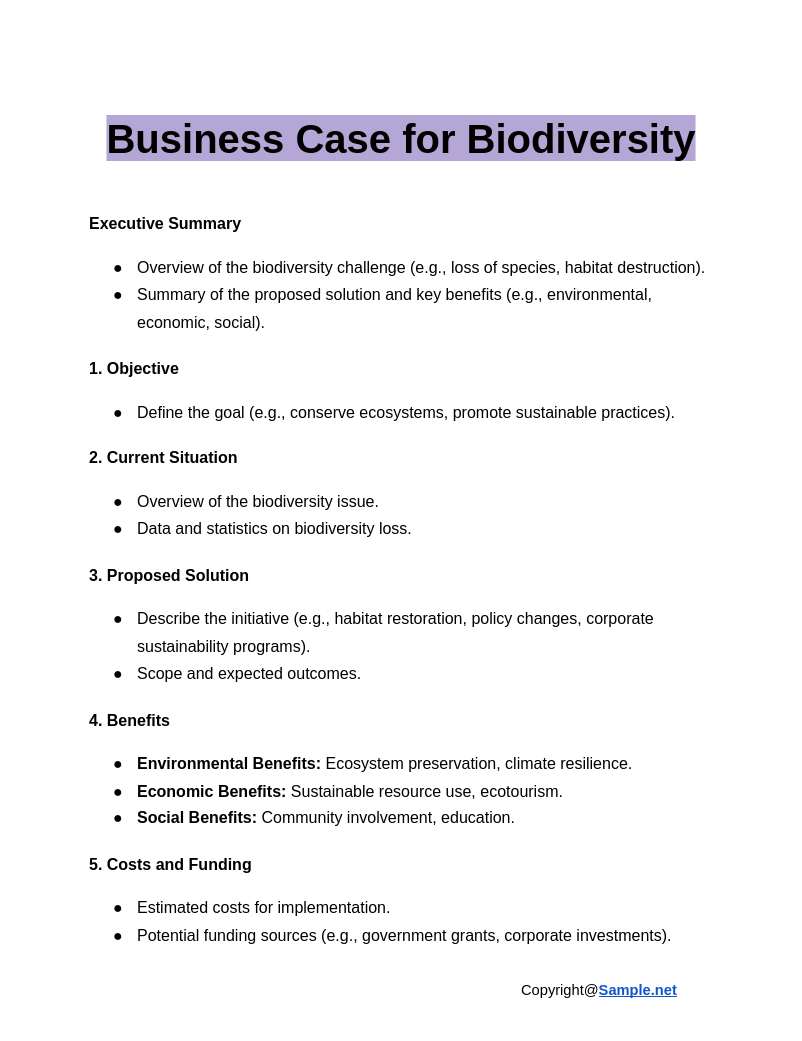
Business Case for Biodiversity
download now -
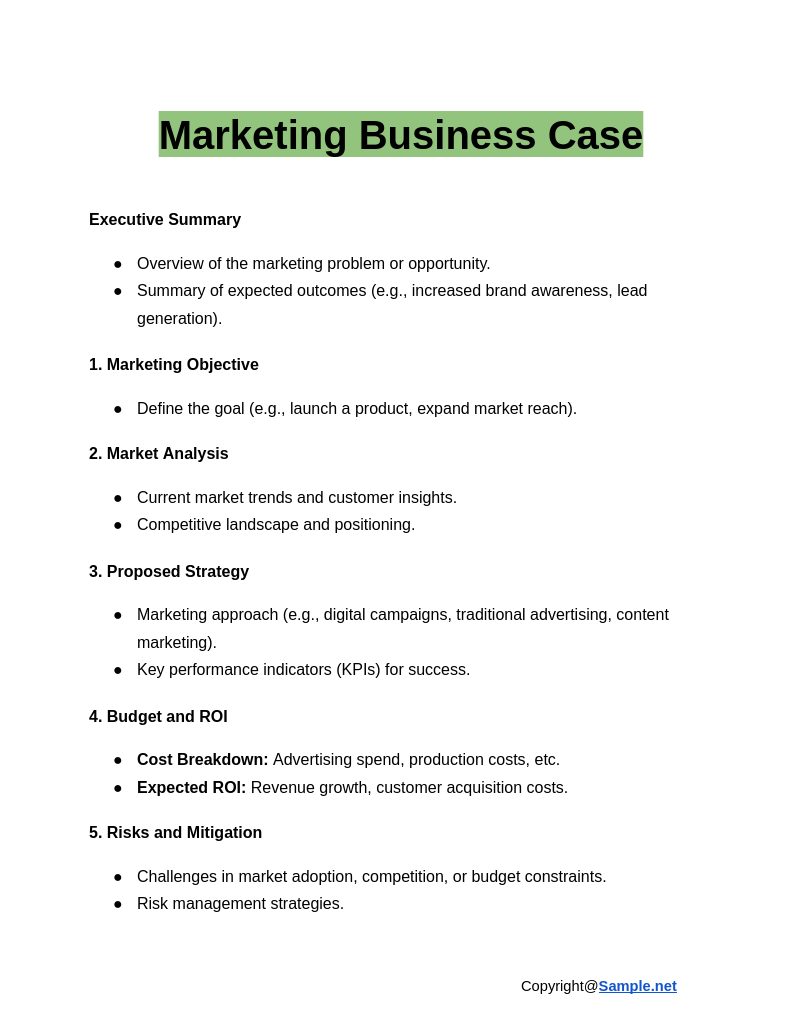
Marketing Business Case
download now -
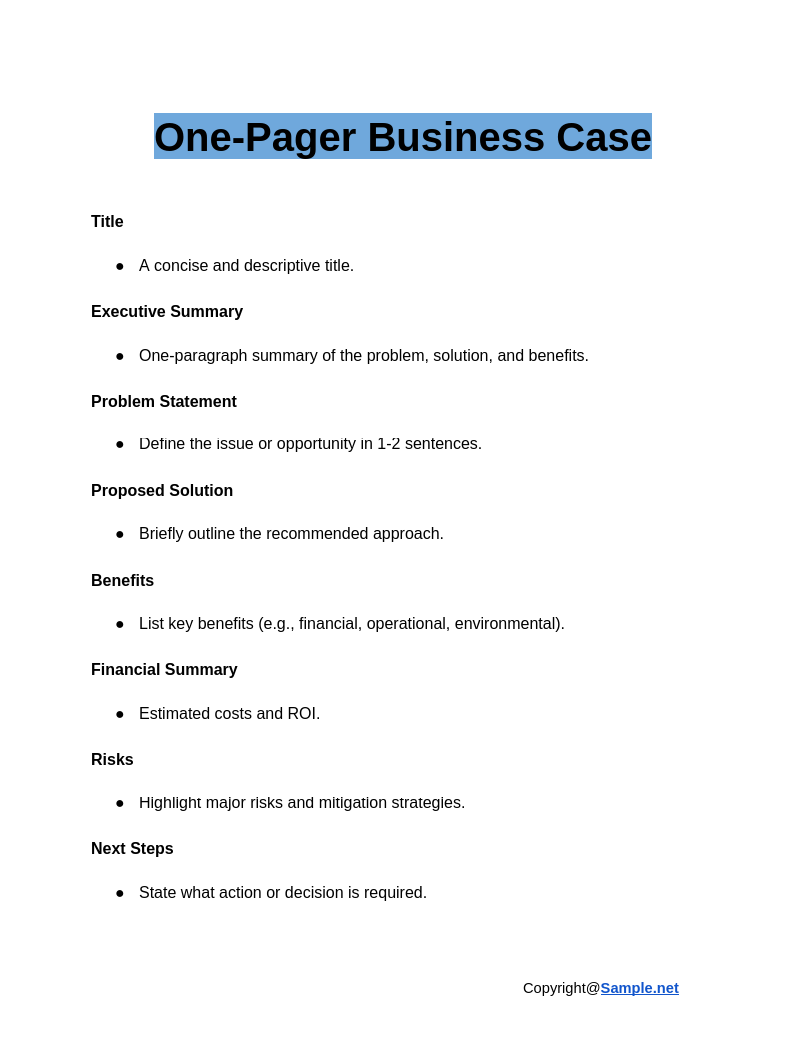
One-Pager Business Case
download now -
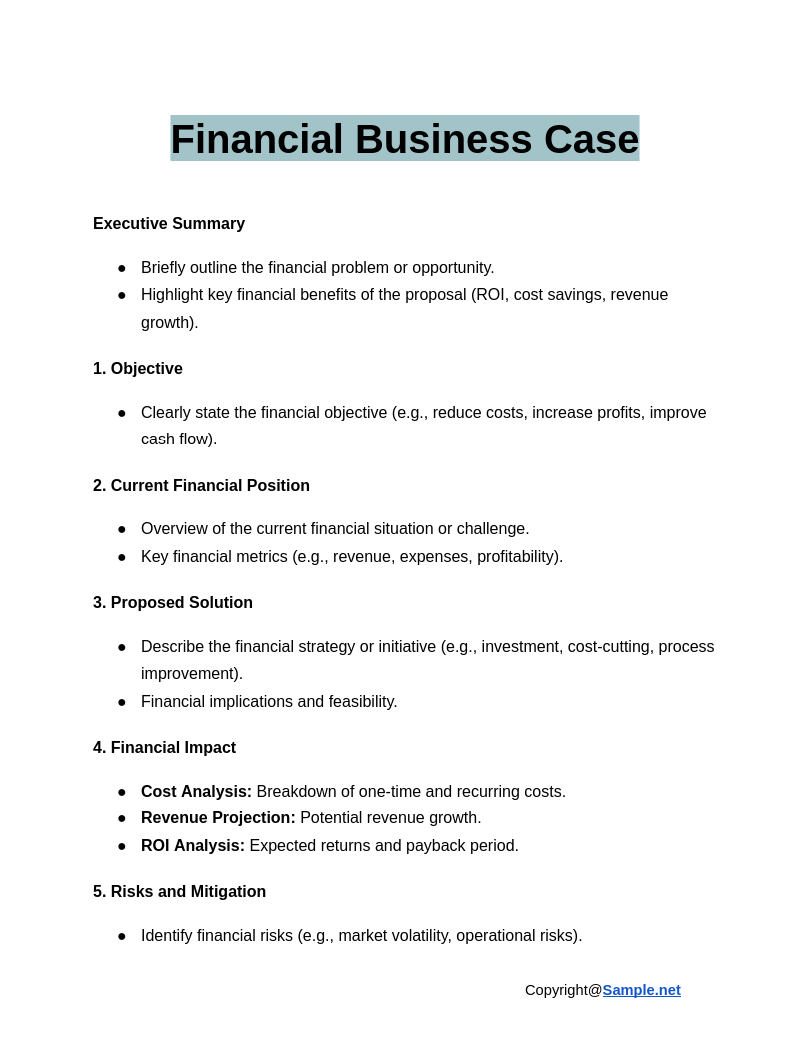
Financial Business Case
download now -
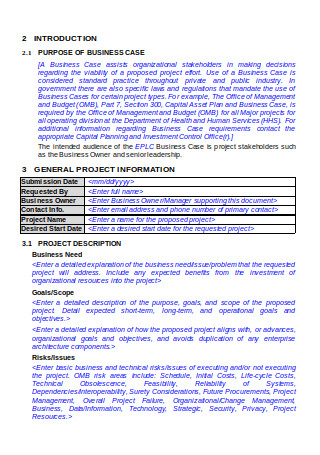
Business Case
download now -
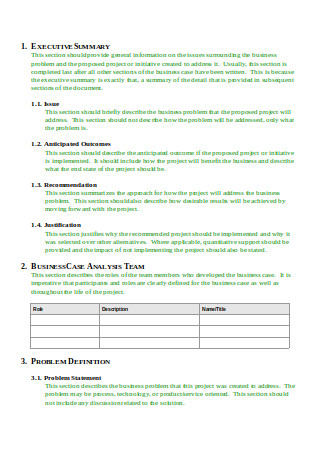
Business Case Template
download now -
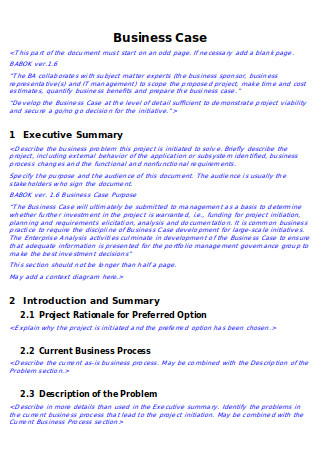
Business Case Modern Analyst
download now -
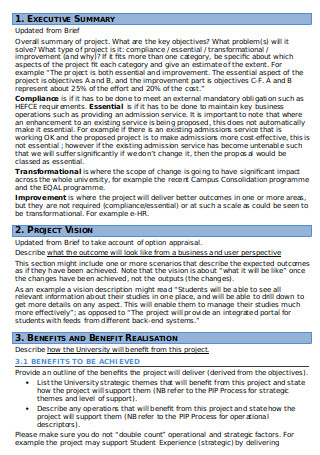
Business Case for Project
download now -
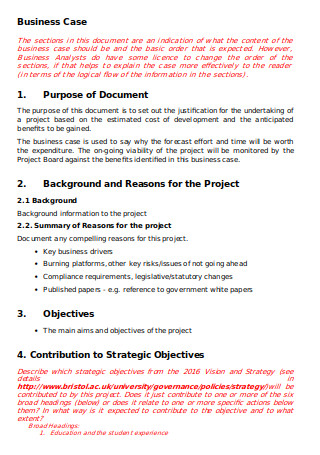
Project Documentation Business Case
download now -
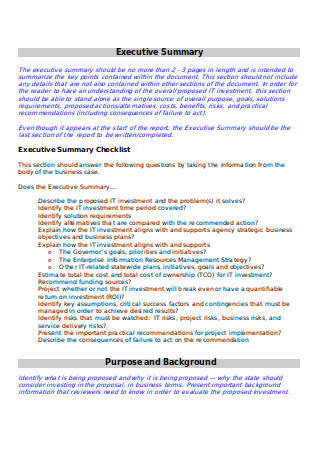
Business Case Development Template
download now -
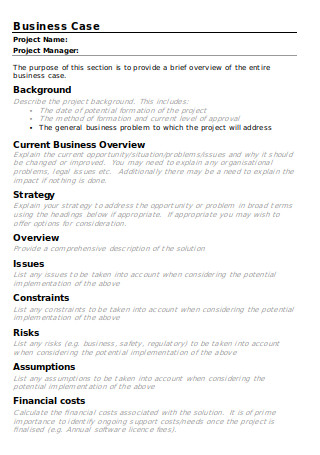
Business Case Sample
download now -
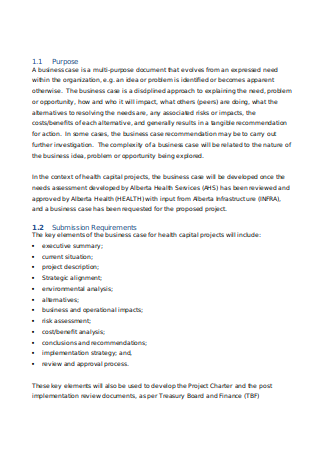
Sample Business Case Template
download now -
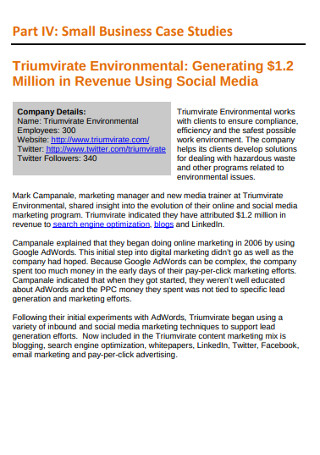
Small Business Case Study
download now -
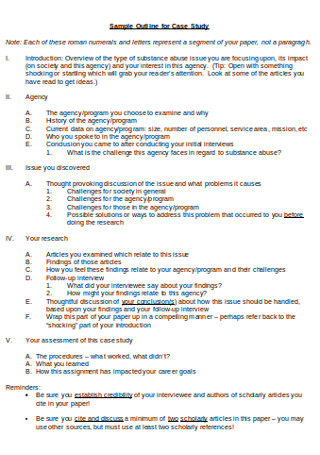
Sample Outline of Case Study
download now -
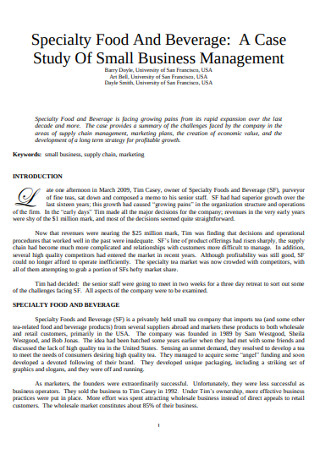
Case Study Of Small Business Management
download now -
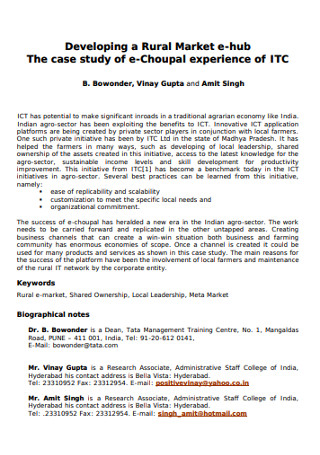
Market Case Study Example
download now -
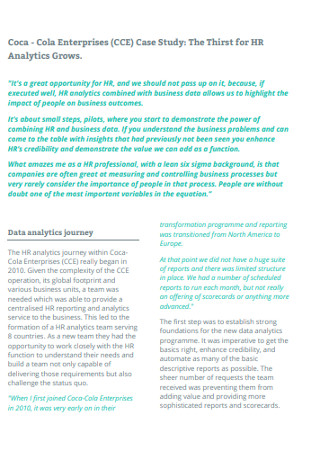
Sample Enterprises Case Study
download now -
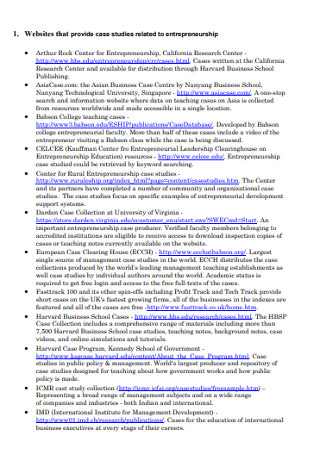
Entrepreneurship Case Study
download now -
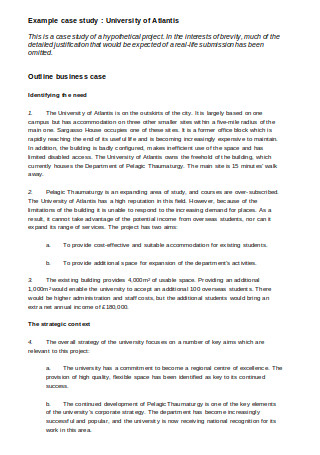
Outline Business Case
download now -
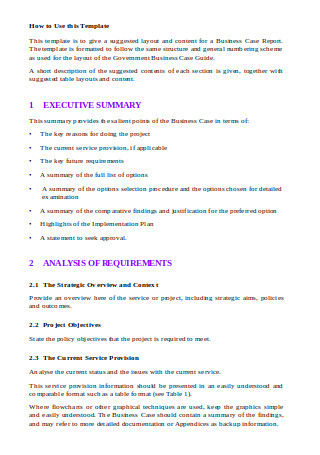
Business Case Report Template
download now -
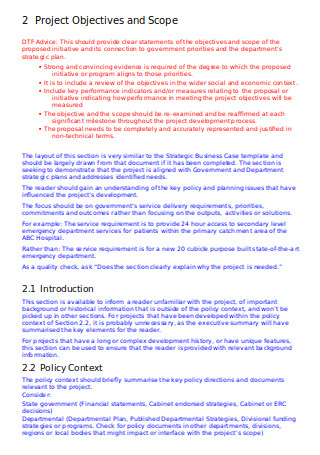
Final Business Case Template
download now -
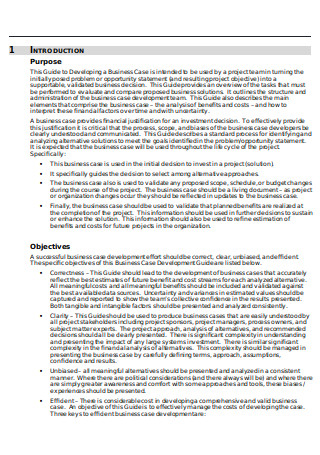
Business Case Development Guide
download now -
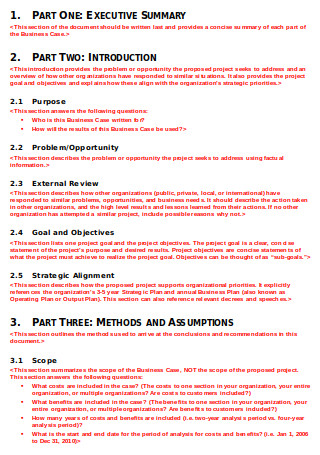
Project Business Case Template
download now -
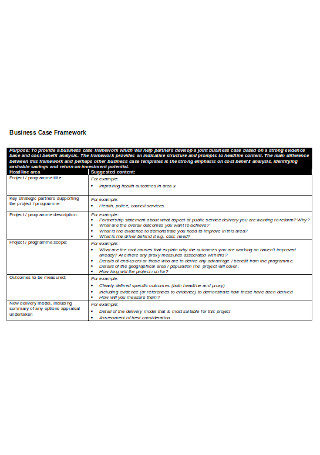
Business Case Framework
download now -
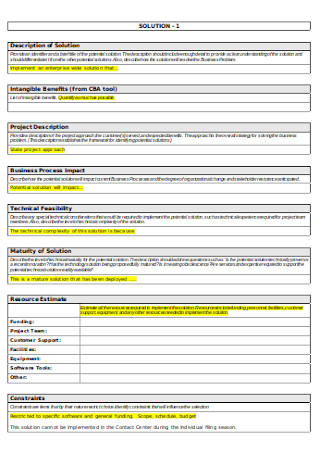
Business Case and Alternatives Analysis
download now -
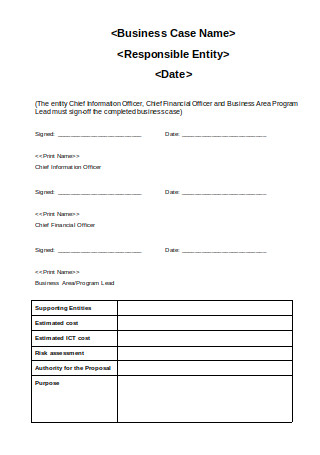
Second Pass Business Case Template
download now -
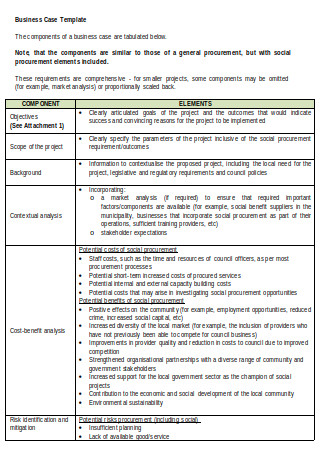
Business Case Template for Social Procurement
download now -
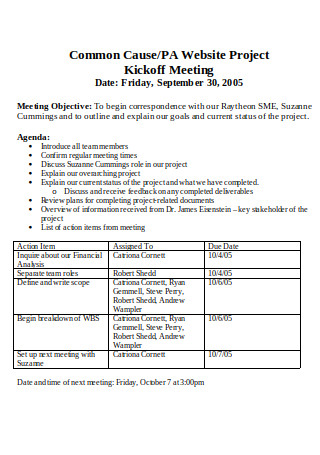
Business Case for Common Cause
download now -
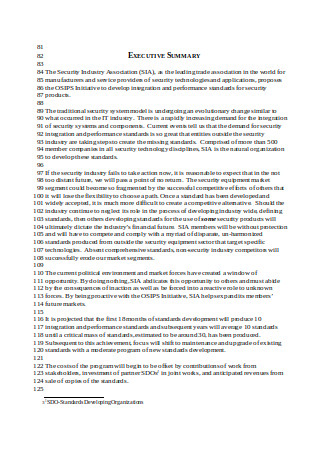
Standards Business Case
download now -
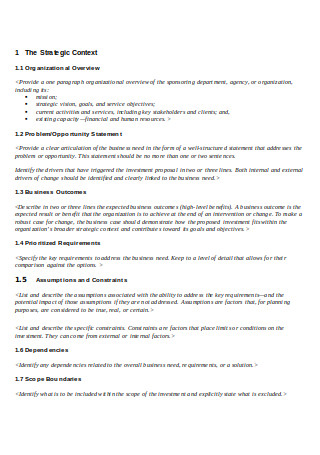
Business Case Lite Version Template
download now -
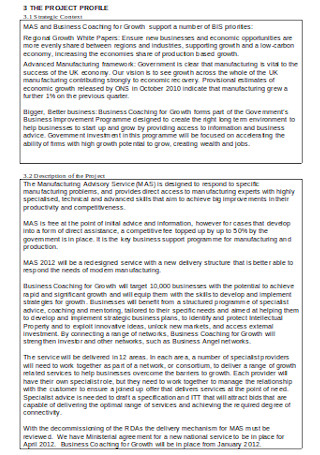
Business Case Template for Consultancy
download now -
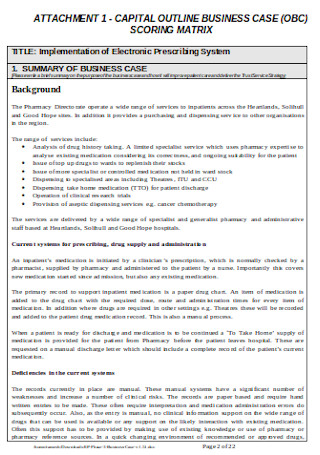
Business Case Request
download now -
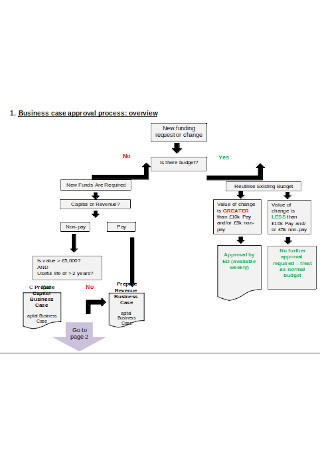
Business Case Process
download now -
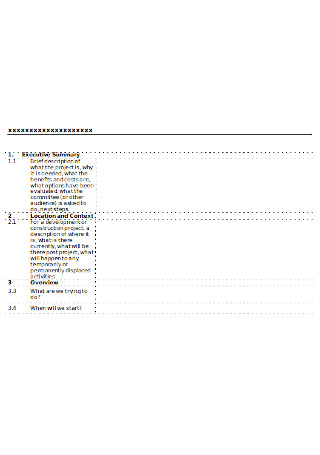
Business Case Proforma
download now -
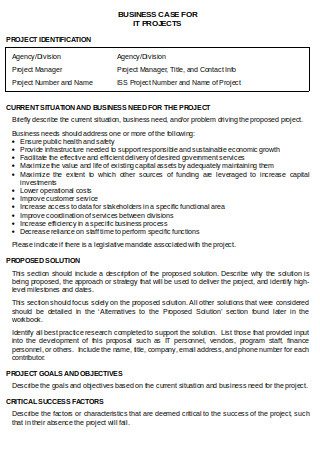
IT Project Business Case Workbook
download now -
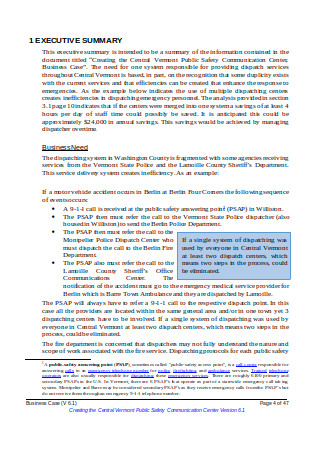
Dispatching Business Case
download now -
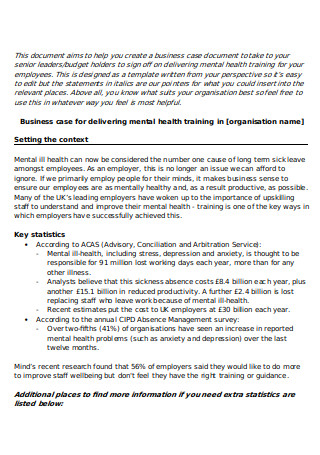
Business Case for Training
download now -
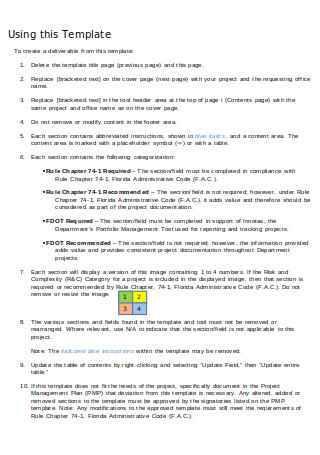
Business Case Supplement Template
download now -
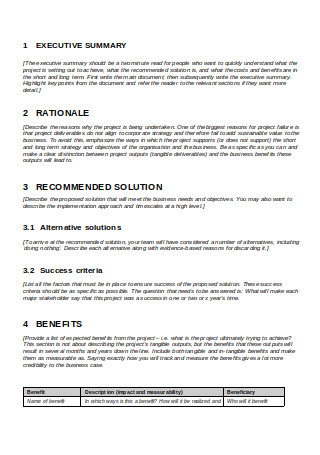
Business Case in Word
download now -
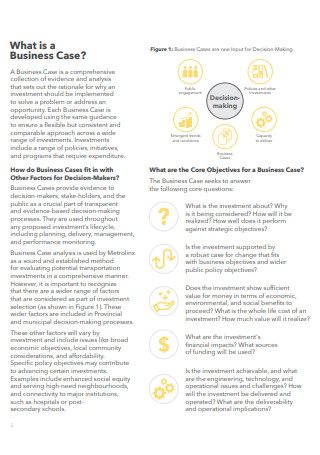
Business Case Overview
download now -
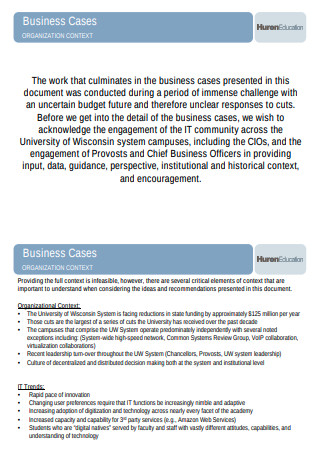
IT Business Case Development
download now -
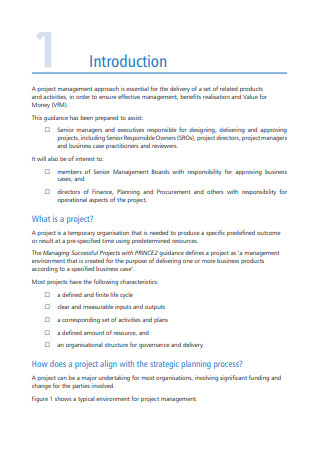
Developing Project Business Case
download now -
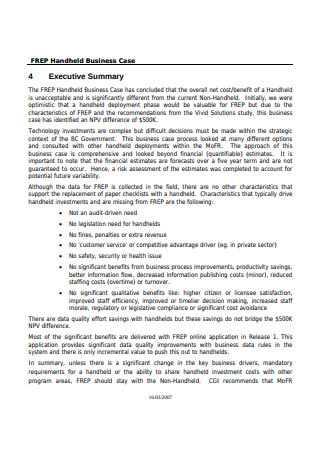
Business Case Example
download now -
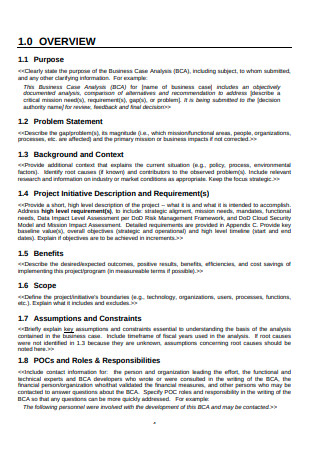
Business Case Analysis
download now -
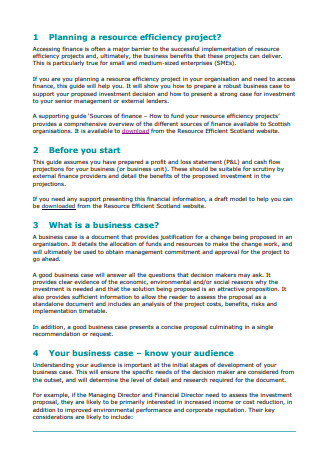
Developing of Business Case
download now -
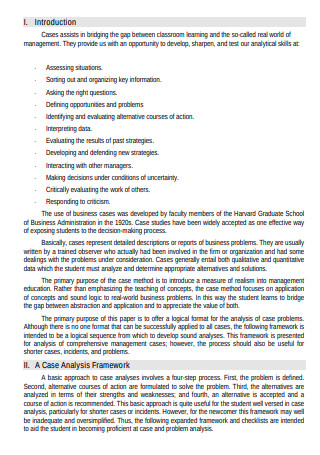
Guidelines for Business Case Analysis
download now -
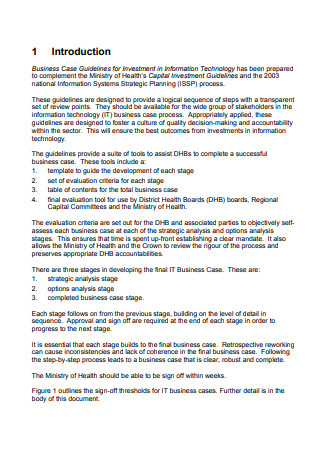
Business Case Guidelines for Investment
download now -
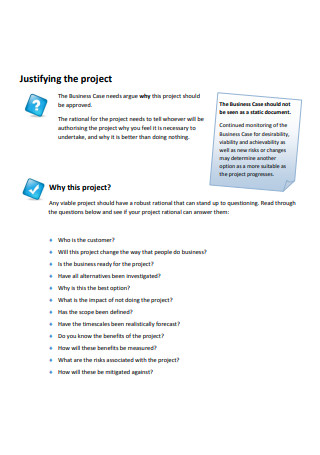
Business Case Toolkit
download now -
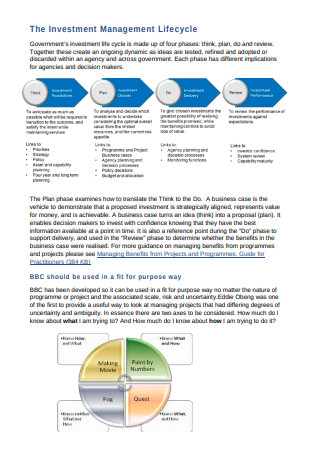
Programme Business Case
download now -
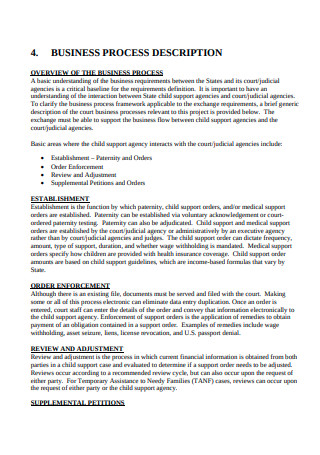
Business Case Template for Data Exchange
download now -
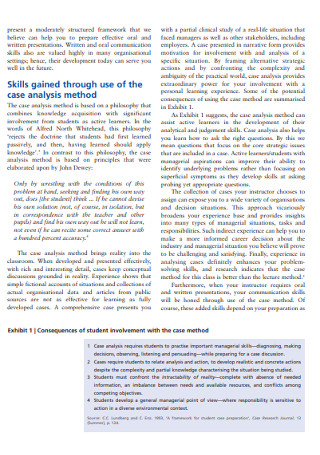
Case Study Analysis
download now -
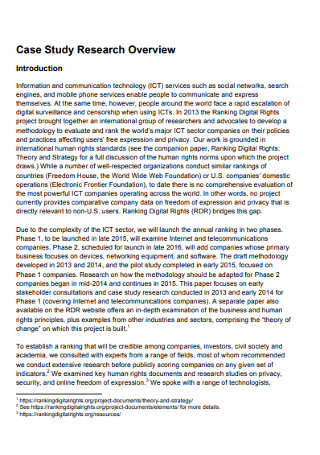
Case Study Research
download now -
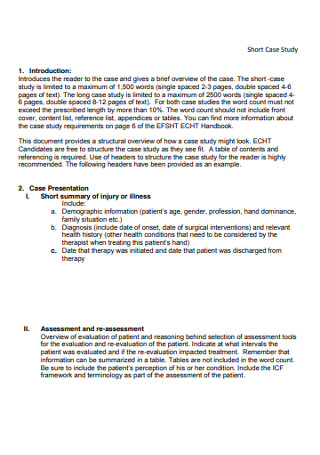
Sample Short Case Studies
download now -
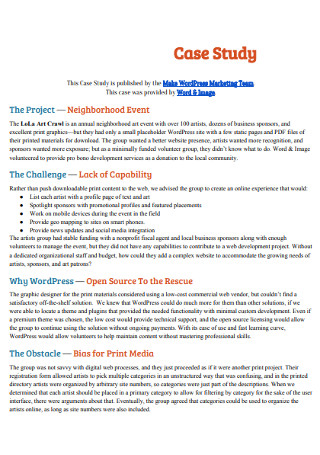
Project Case Studies
download now -
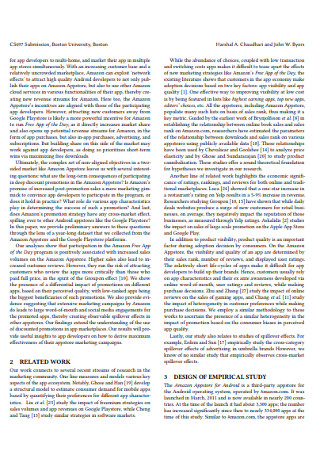
Sales Case Study
download now -
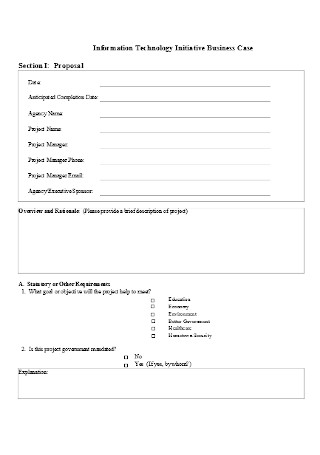
IT Business Case Template
download now
FREE Business Case s to Download
Business Case Format
Business Case Samples
What is a Business Case?
The Components of a Winning Business Case
How to Compose a Powerful Business Case
FAQS
What should be included in a business case?
How does a business case differ from a project plan?
What are the key components of a financial analysis in a business case?
What happens if a business case is rejected?
How do you measure the success of a business case?
What are common mistakes made when writing a business case?
How does a business case support risk management?
How do you ensure stakeholder buy-in for a business case?
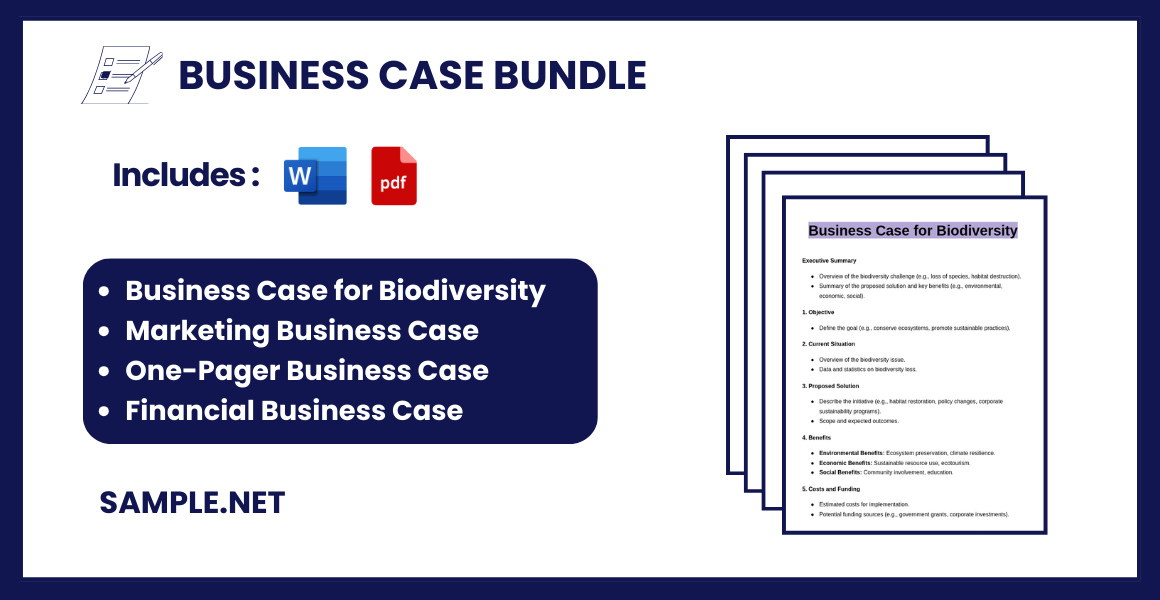
Business Case Format
Business Case Title
Provide a concise and descriptive title for the business case.
Executive Summary
Length: 1-2 paragraphs
A brief overview of the business case, summarizing the problem, proposed solution, key benefits, and anticipated outcomes. Include a high-level financial impact if applicable.
1. Business Objective
Clearly state the objective of the business case.
- What is the purpose of this proposal?
- What are the desired outcomes?
2. Background and Context
Provide context for the business case:
- Current Situation: Explain the status quo and why this business case is being proposed.
- Problem Statement: Define the issue or opportunity.
- Strategic Alignment: Show how the proposal aligns with organizational goals or strategies.
3. Options Analysis
List the possible solutions or approaches to the problem and compare them.
- Option 1: Description (advantages and disadvantages)
- Option 2: Description (advantages and disadvantages)
- Recommended Option: Briefly state the preferred solution and why.
4. Proposed Solution
Detail the recommended solution:
- Description of the Solution: What is it, and how will it address the problem?
- Scope of the Proposal: What is included or excluded?
- Key Deliverables: What are the expected outputs?
5. Benefits and Justification
Explain the benefits of the proposed solution:
- Tangible Benefits: Cost savings, increased revenue, etc.
- Intangible Benefits: Improved morale, brand reputation, etc.
- Risk Mitigation: How the proposal reduces risk.
6. Financial Impact
Provide a detailed cost analysis and financial justification:
- Budget Breakdown: Include initial costs, ongoing costs, and any savings.
- Return on Investment (ROI): Explain the value generated.
- Funding Sources: Where the funding will come from.
7. Risk Assessment
Identify potential risks and how they will be managed:
- Key Risks: Describe each risk and its potential impact.
- Mitigation Plan: Outline actions to minimize or eliminate risks.
8. Implementation Plan
Detail how the solution will be implemented:
- Timeline: Key milestones and deadlines.
- Resource Requirements: Staffing, tools, or equipment needed.
- Responsibilities: Who is accountable for each phase of implementation?
9. Conclusion
Summarize the key points:
- Reiterate the Problem and Solution: Emphasize why the proposed solution is the best choice.
- Call to Action: Clearly state what decision or approval is required.
10. Appendices
Include supporting documents, such as:
- Data and Analysis
- Diagrams or Charts
- References or Additional Reading
What is a Business Case?
A business case is a justification for a proposed project or initiative, presented in a structured format. It outlines the problem being addressed, the proposed solution, the financial implications, and the expected benefits. A business case ensures that all stakeholders have a clear understanding of the project’s rationale and its alignment with organizational goals. It acts as a foundation for decision-making, offering a transparent analysis of risks and rewards. You can also see more on Case Analysis Problem Statement.
The Components of a Winning Business Case
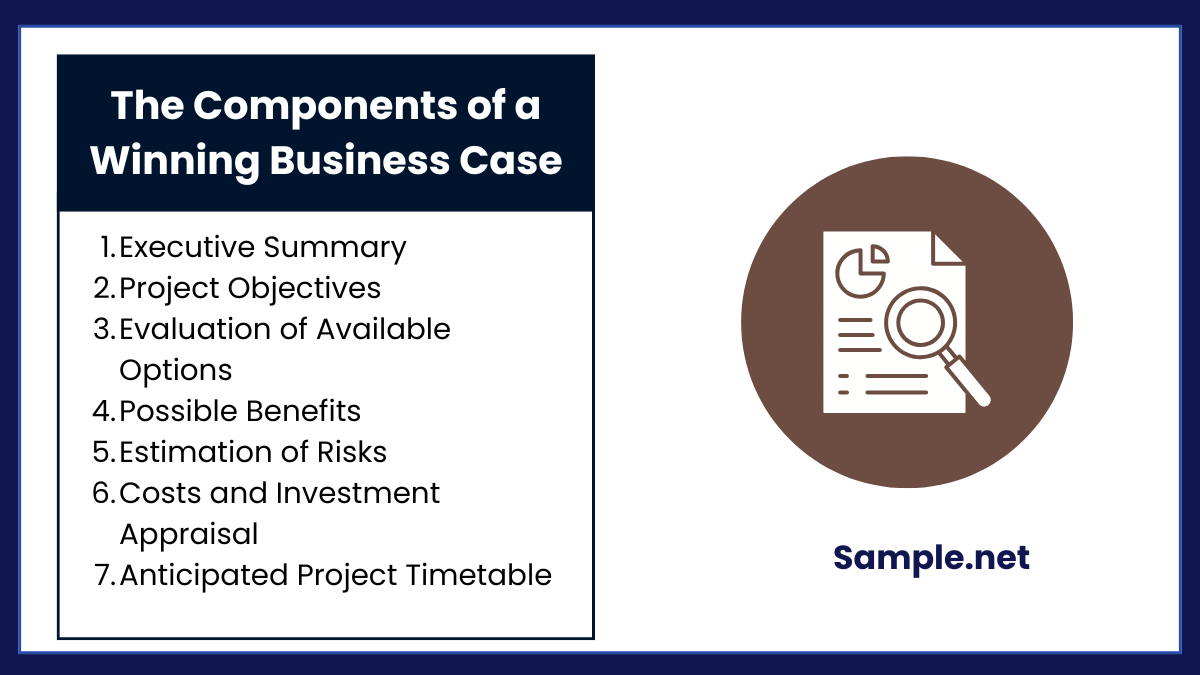
Without projects and developmental programs, an office is a small building or space full of office equipment, supplies, and aimless employees. Likewise, the corporate vision and mission remain as hallow statements without plans for growth and expansion. The intention of the projects may be well-meaning, but it brings in more harm than good without proper planning. You can also see more on Business Plan Report. Business cases contain the necessary information in helping the executives decide whether to implement the project or not. The list below states a business case’s key components.
How to Compose a Powerful Business Case
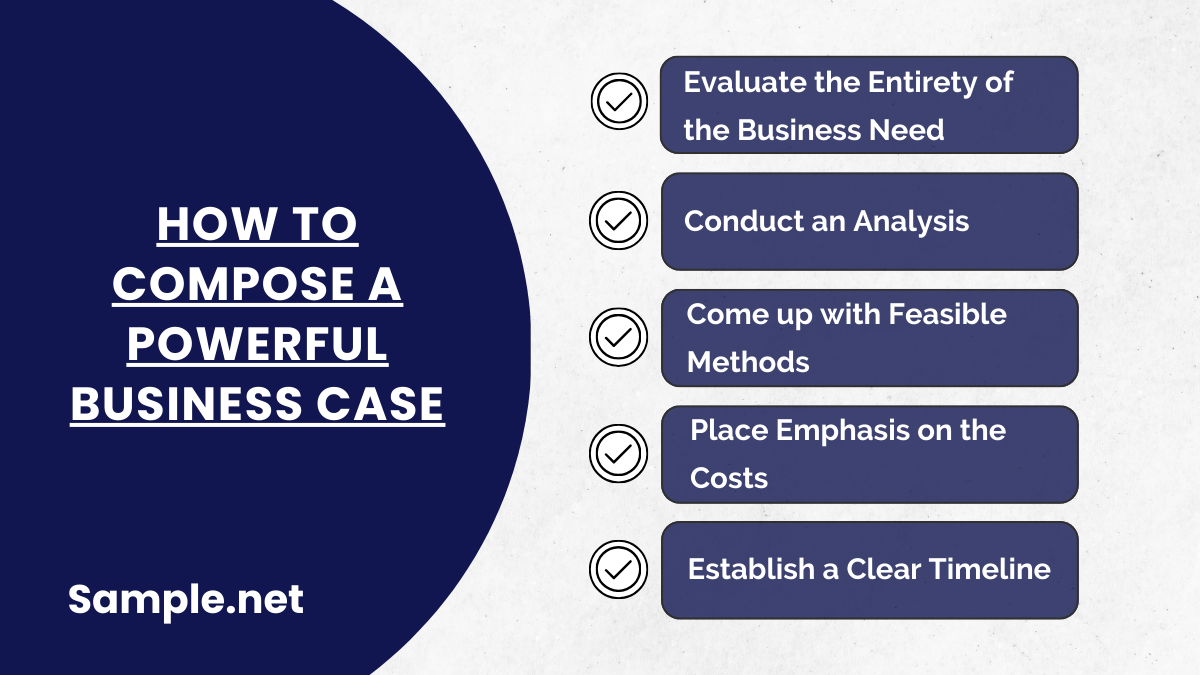
Regardless of the brevity of a business case, it posses the same level of power as the lengthier ones. Granted that it contains the essential elements, it will provide the same output. As long as it effectively assesses problems and opportunities of the organization, it is good to go. But, if you want to go above and beyond in creating the business case for your preferred project. Then, here is a list of steps and tips that will help in crafting your document. You can also see more on Case Reports.
Step 1: Evaluate the Entirety of the Business Need
Before starting the write-up of a business case, exhaustive research is necessary. The research of the circumstance leads to looking into all the angles of the need, thus coming up with a list of all the possible alternatives to cater to the need. Aside from figuring out all the possible options, evaluating the situation beforehand helps in pointing out the implications of the need for the organization and its key stakeholders. In essence, research helps in accurately identifying and assessing the extent of the problem. Consequently, it also aids in pointing out the perfect and most feasible solution for it.
Step 2: Conduct an Analysis
After coming up with a list of the possible alternatives, the next best thing to do is to identify the advantages and disadvantages of each. Identifying these factors for each method or plan helps in the deciding process. It helps in making sure that the method is the best possible one, and it is a critical element in convincing the executives and possible financial sponsors for the project’s implementation. The list of pros and cons of each project leads to figuring out the best method. The analysis will produce details that will support your team’s preferred method. You can acquire the details regardings its benefits, costs, impact on operations, and capability of the organization to produce and sustain the project. You can also see more on Business Sales Plan.
Step 3: Come up with Feasible Methods
The analysis points out the best method that can cater to a particular business need. Upon doing so, it is best to support it with details on how to carry it out. Your team can present feasible methods, alternative techniques, and available tools. Providing these pieces of information makes the method more achievable. The viable methods also make the entire business plan more understandable for the stakeholders who are not completely immersed in the industry, such as the customers or end-users. Take note that you only need to formulate the methods for your team’s preferred alternative.
Step 4: Place Emphasis on the Costs
And to effectively support your proposal’s methods, remember to be transparent in indicating the necessary costs to carry out the plan. As previously stated, the financial aspect of a project is sometimes the last hurdle before its approval. Always keep in mind that there are some executives whose priority is the capital, so do make sure that you have strong justifications for your costs. In most cases, the costs are justified by the advantages that it will eventually contribute to the company. You can also see more on Exit Strategy Business Plan.
Step 5: Establish a Clear Timeline
The last thing to include in a business case is an evident project timeline. A projected timeline in a business case shows when the project will start and its estimated end. Aside from these details, the timeline can also focus more on pre-implementation activities such as budget meetings, project proposal pitches, and biddings—when outsourcing of services is necessary for the execution of the project.
FAQS
What should be included in a business case?
A business case should include the problem, solution, financial analysis, implementation plan, and expected outcomes.
How does a business case differ from a project plan?
While a business case justifies the need for a project and its potential benefits, a project plan outlines the steps and resources required for execution. The business case comes first, laying the groundwork for the project plan.
What are the key components of a financial analysis in a business case?
The financial analysis includes cost estimations, ROI projections, break-even analysis, and funding requirements. It ensures stakeholders understand the financial implications of the project. You can also see more on Market Research Business Plan.
What happens if a business case is rejected?
If rejected, feedback is usually provided. The business case can be revised, addressing concerns or improving justifications for resubmission.
How do you measure the success of a business case?
Success is measured by the project’s ability to achieve its stated objectives, align with strategic goals, and deliver promised benefits within budget and timeframe.
What are common mistakes made when writing a business case?
Common mistakes include lack of clear objectives, insufficient financial analysis, ignoring risks, or failing to align the proposal with organizational goals. Avoid these by thoroughly analyzing all aspects and consulting stakeholders during preparation.
How does a business case support risk management?
A business case identifies potential risks early on and outlines mitigation strategies. By addressing risks proactively, it helps prevent delays, cost overruns, and failures during project execution. You can also see more on Strategic Business Action Plan.
How do you ensure stakeholder buy-in for a business case?
To secure buy-in, involve stakeholders early, present data-driven justifications, align the proposal with their priorities, and address potential objections in the business case.
